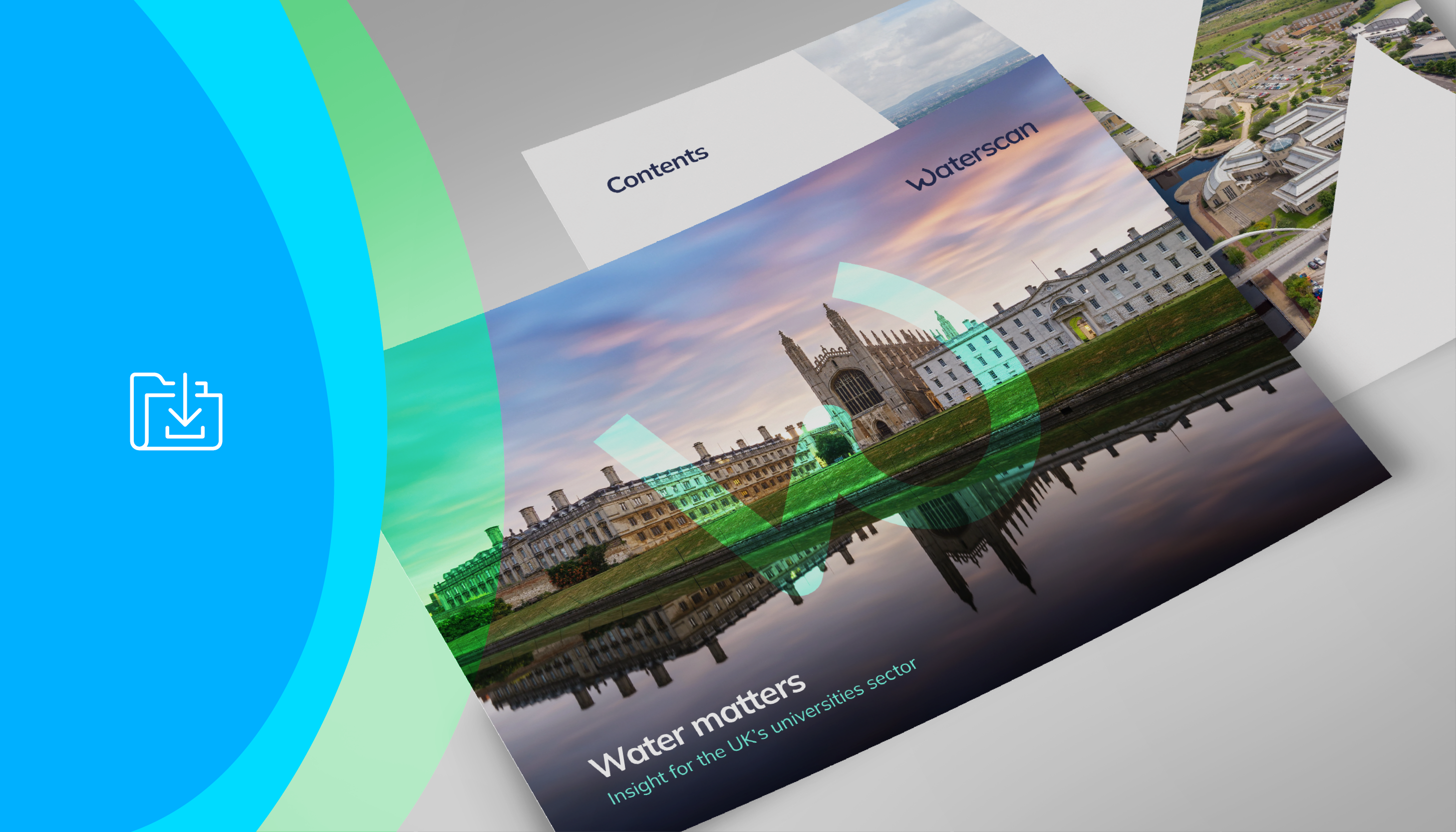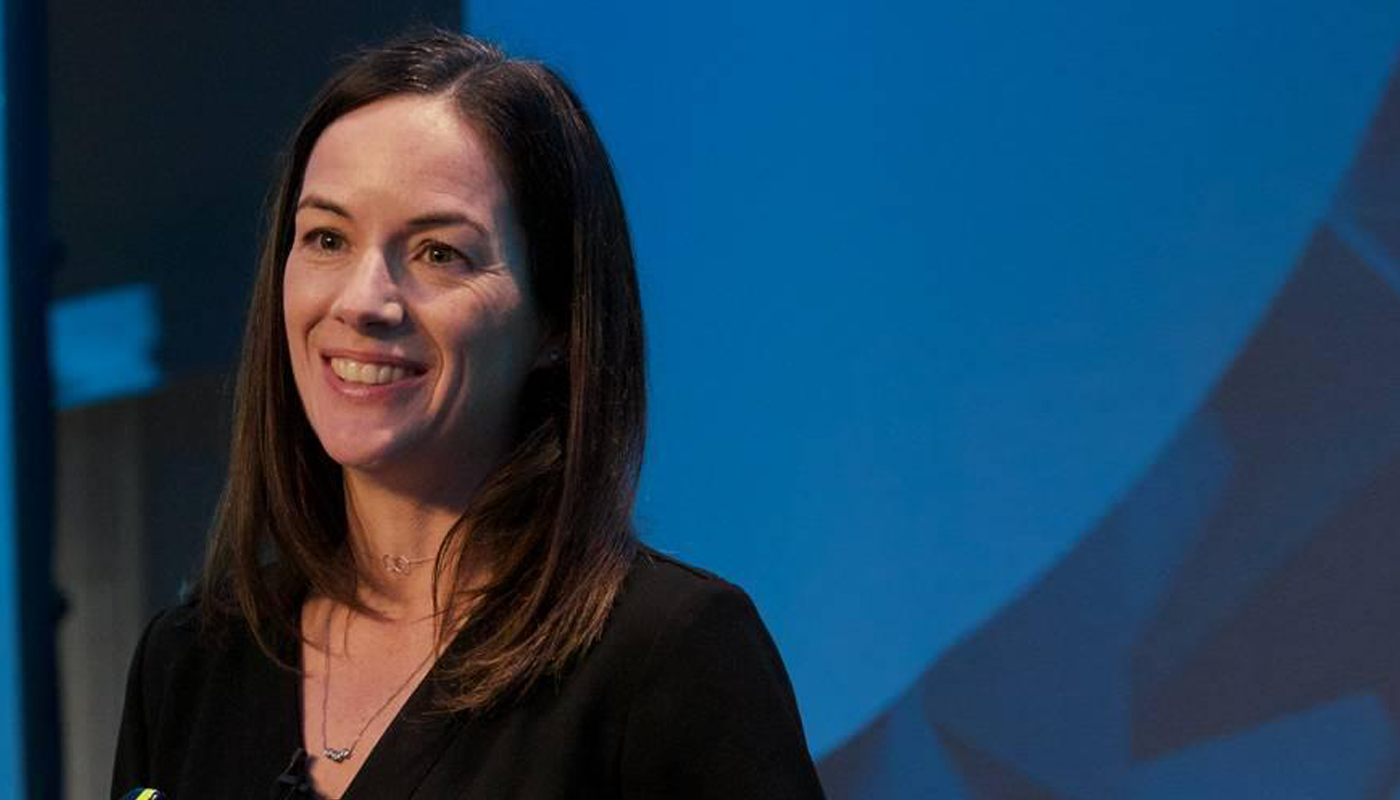As with widely reported household bill increases, most businesses will also be receiving higher than planned for water bills from April 2023.
The typical increase announced by Ofwat is likely to be 7.5%, although this will vary according to location and negotiated tariff.
The reasons are two-fold: energy inflation and changes to price cap calculations. The movement and treatment of water is an energy intensive process, and so it follows that the recent rise in energy costs that wholesale water companies have had to pay, has a direct impact on the price they pass on to customers. This is compounded by the water regulator, Ofwat, reassessing its default price cap which means that water retailers can charge customers more.
While 7.5% compares favourably to the current level of inflation benchmarked at 9.3% (water companies have themselves absorbed much of the costs) it is an unwelcome, and for many unbudgeted, price hike.
For companies that have contracts with water retailers, any conversations around price increases may offer an opportunity to renegotiate service level agreements around meter read frequency and billing accuracy. Across England, 14% of water meters have not been read for 12 months or more which makes it exceptionally hard for businesses to conduct water-efficient and water-resilient operations. Some 77% of complaints in the water market relate to billing issues which is exasperating for effective forecasting and spend on administration.
Companies that Self-Supply are protected from the full impact of these market factors as they deal directly with wholesalers and do not pay retail margins. These companies also benefit from direct access to detailed data which gives them the actionable insight they need to make consumption efficiencies at site level and plan for a resilient future. And, as any customer-led market should be, they have the opportunity to shape market direction in a way that works for them via consistent engagement and voting rights as market participants.
In 2050, water demand in England will be almost 30% greater than it is today, so time is ticking for those organisations that aren’t waking up to the water market. Perhaps April’s increases will drive action.




